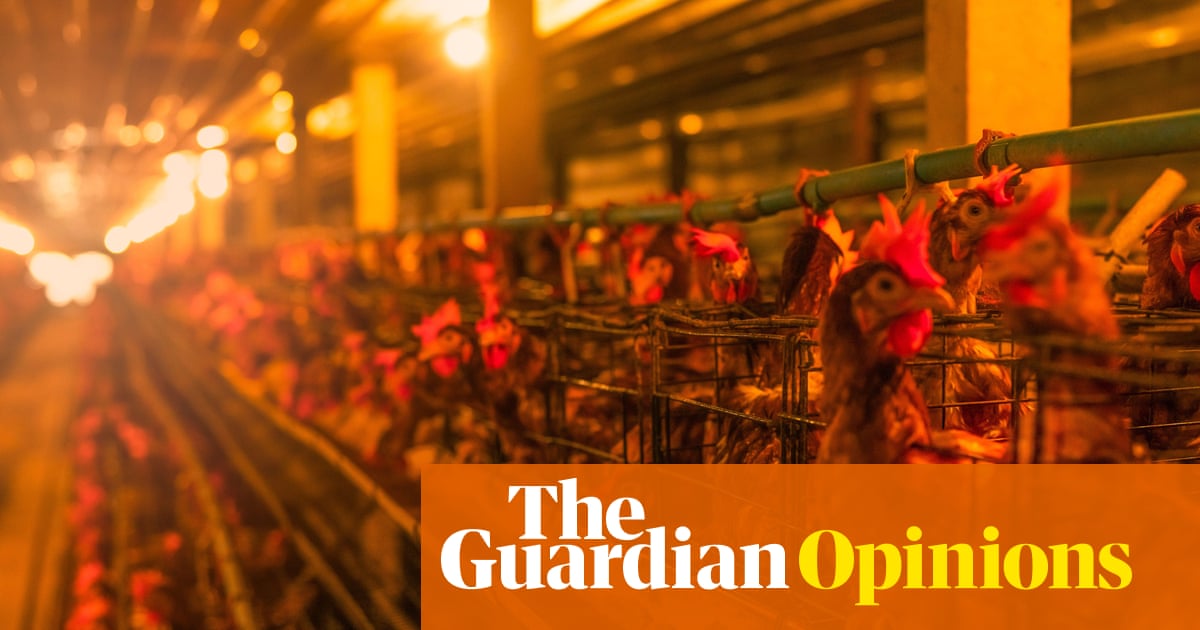
"Studies tracking their use estimate that 73% of all antimicrobials sold globally are used in animals raised for food. This enormous overuse is leading to a rise in antibiotic-resistant pathogens. For example, resistance to colistin, a last-resort antibiotic, first developed in E coli bacteria which then infected pigs. E coli was later found in pig farmers. All it takes is aeroplanes and global travel networks for these pathogens to spread globally."
"But this comes with costs. With limited land and intense time pressure, the solution in many countries has been to use antibiotics at scale. This isn't just to treat illness, but also as a prophylactic to prevent disease in crowded conditions. And giving antibiotics causes livestock to grow faster, although scientists aren't sure exactly why that is. All of this means that, unlike their use for humans where antibiotics are almost always given to treat illness their use in farming is much more widespread and indiscriminate."
Global demand for affordable meat is rising, driven by expanding middle classes in upper-middle-income countries such as China, India, Brazil, Indonesia and the Philippines. Poultry demand is projected to grow rapidly, becoming an increasingly large share of protein from meat by 2034. To meet output with limited land and time pressure, many producers use antibiotics at scale both prophylactically and to accelerate growth. Approximately 73% of all antimicrobials sold globally are used in animals raised for food, driving the emergence of antibiotic-resistant pathogens. Resistance to colistin first appeared in E coli linked to pigs and spread to farmers, and colistin-resistant bacteria have since been detected globally.
Read at www.theguardian.com
Unable to calculate read time
Collection
[
|
...
]